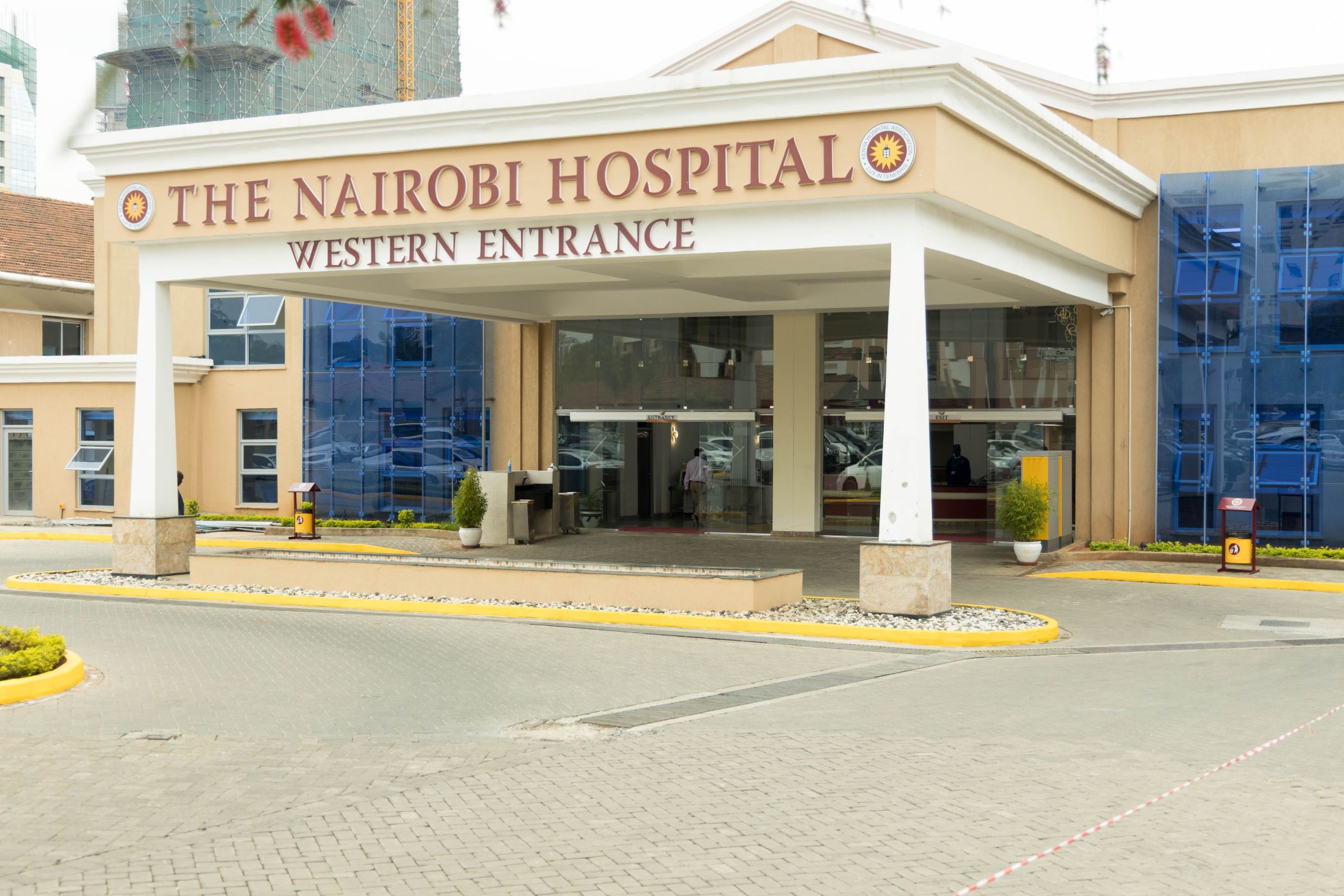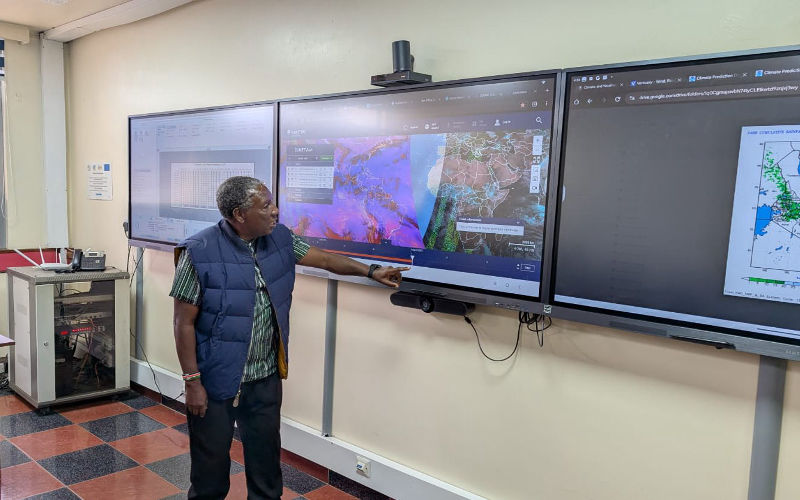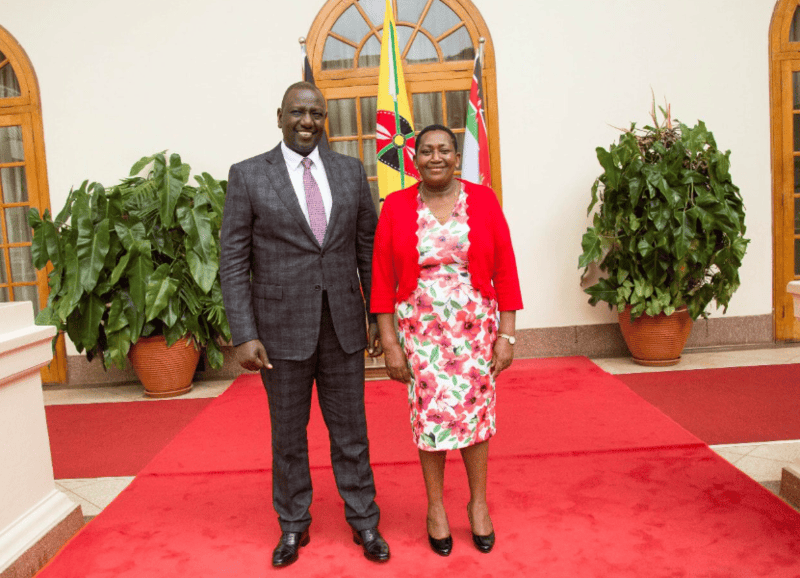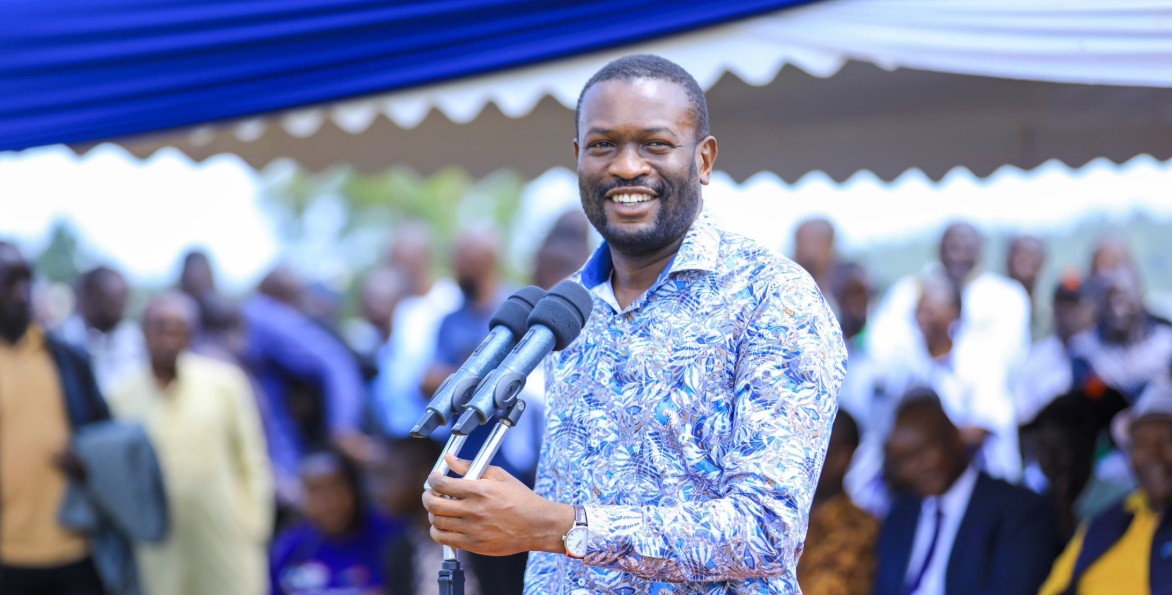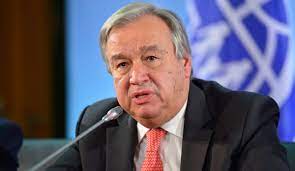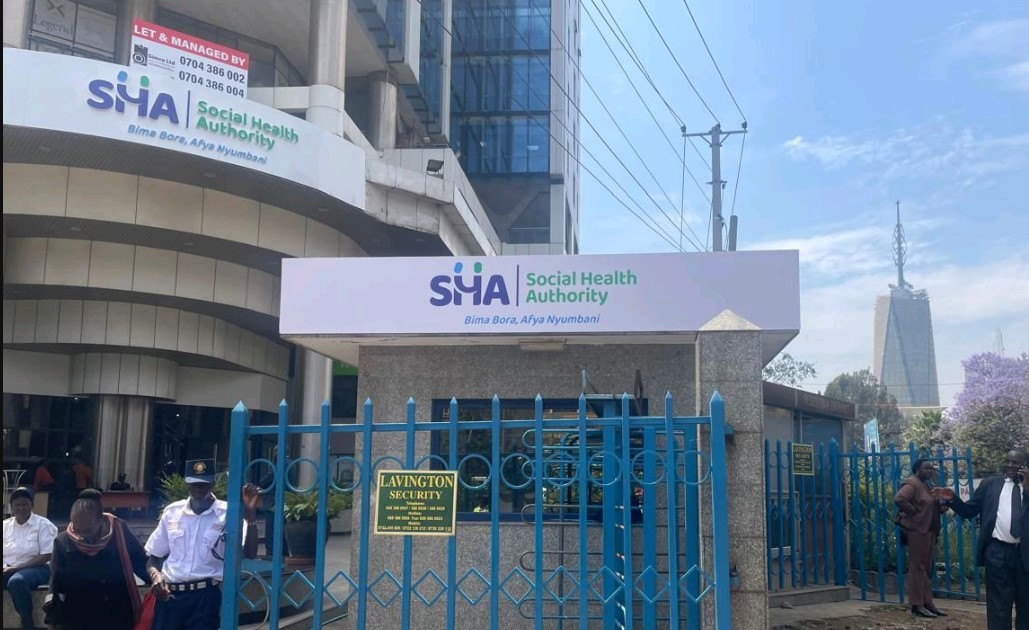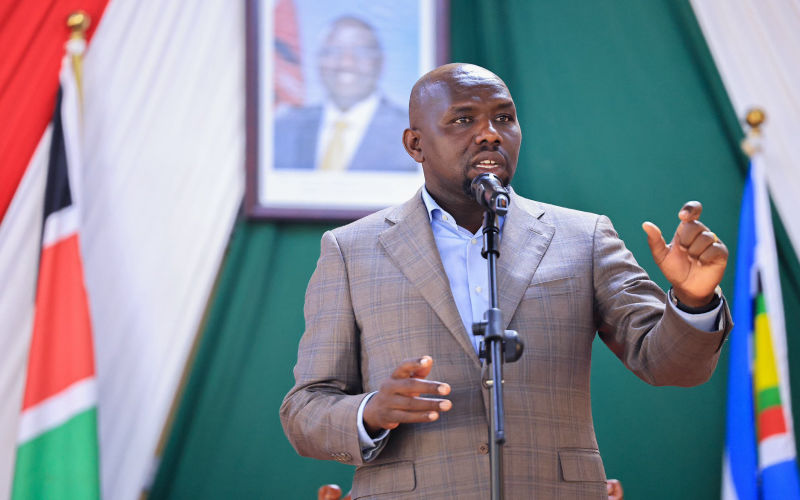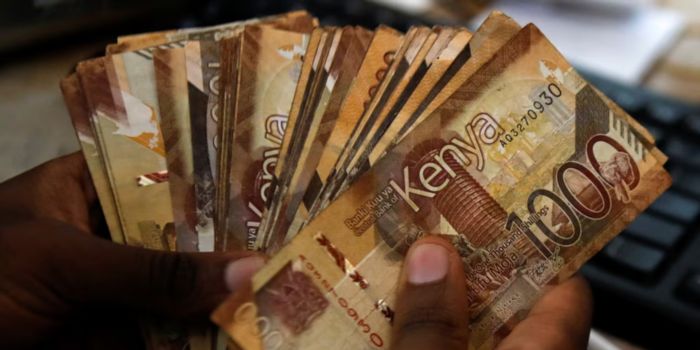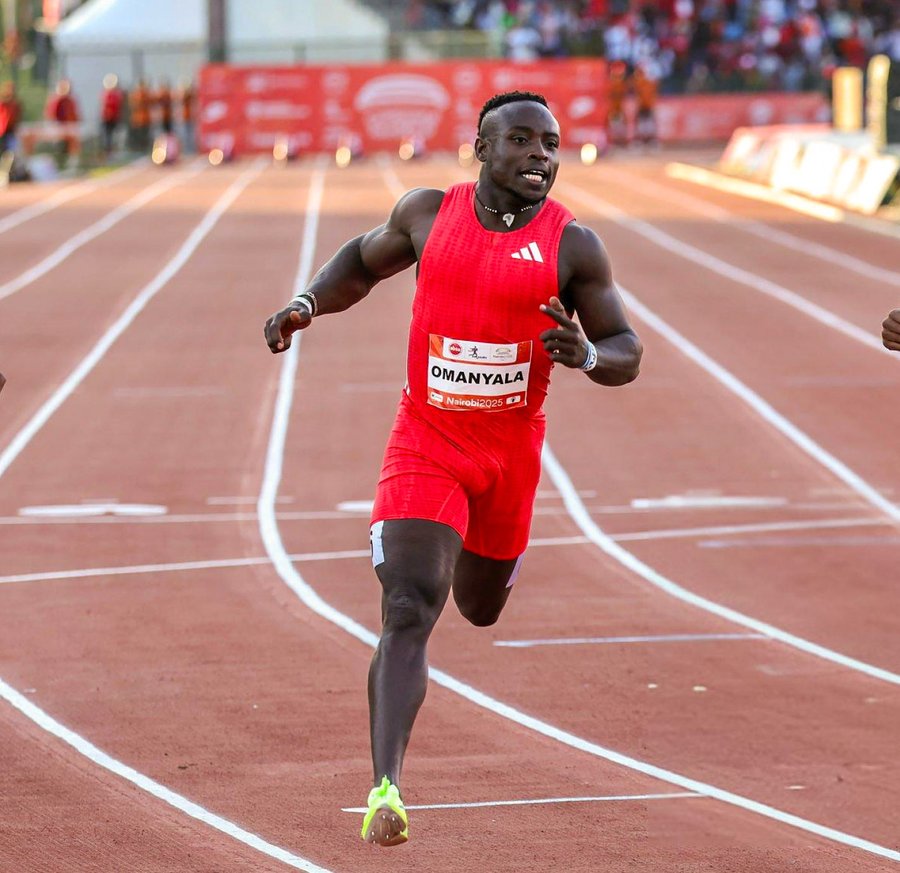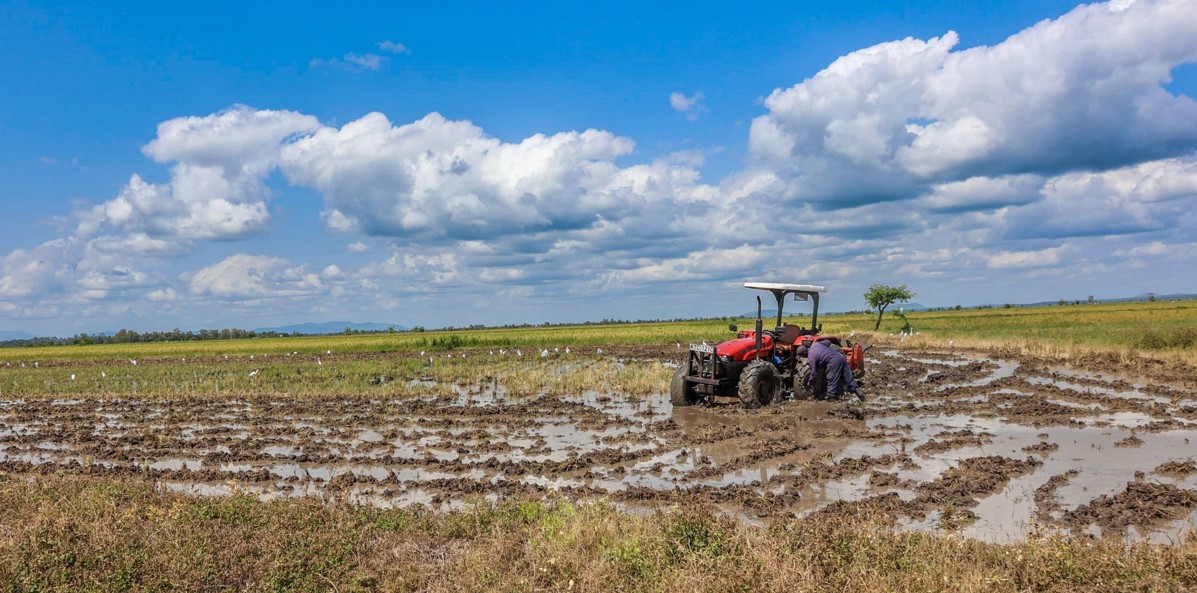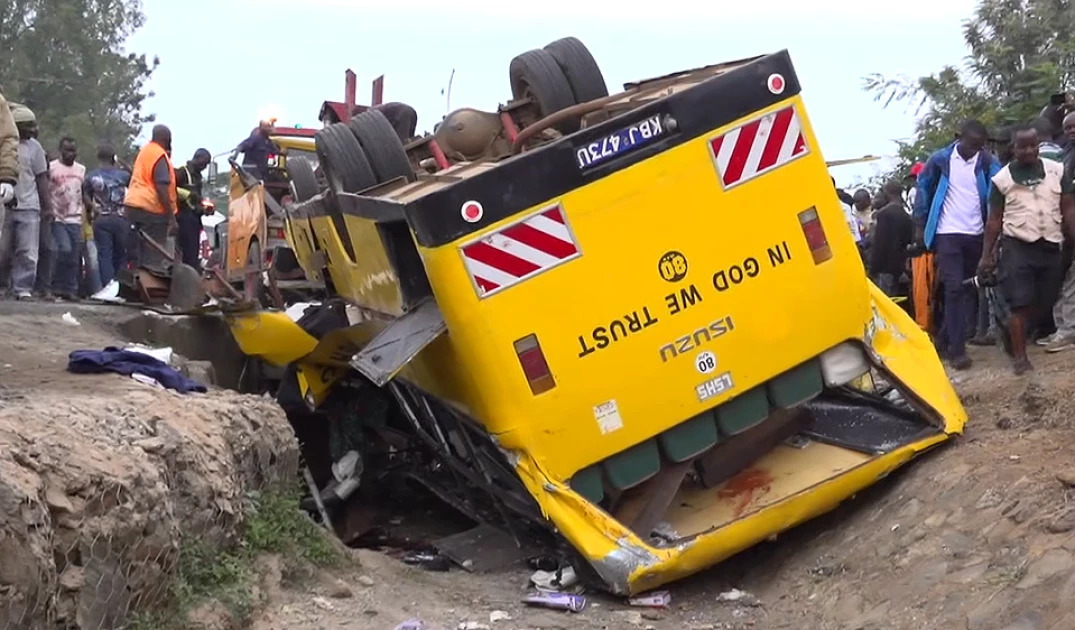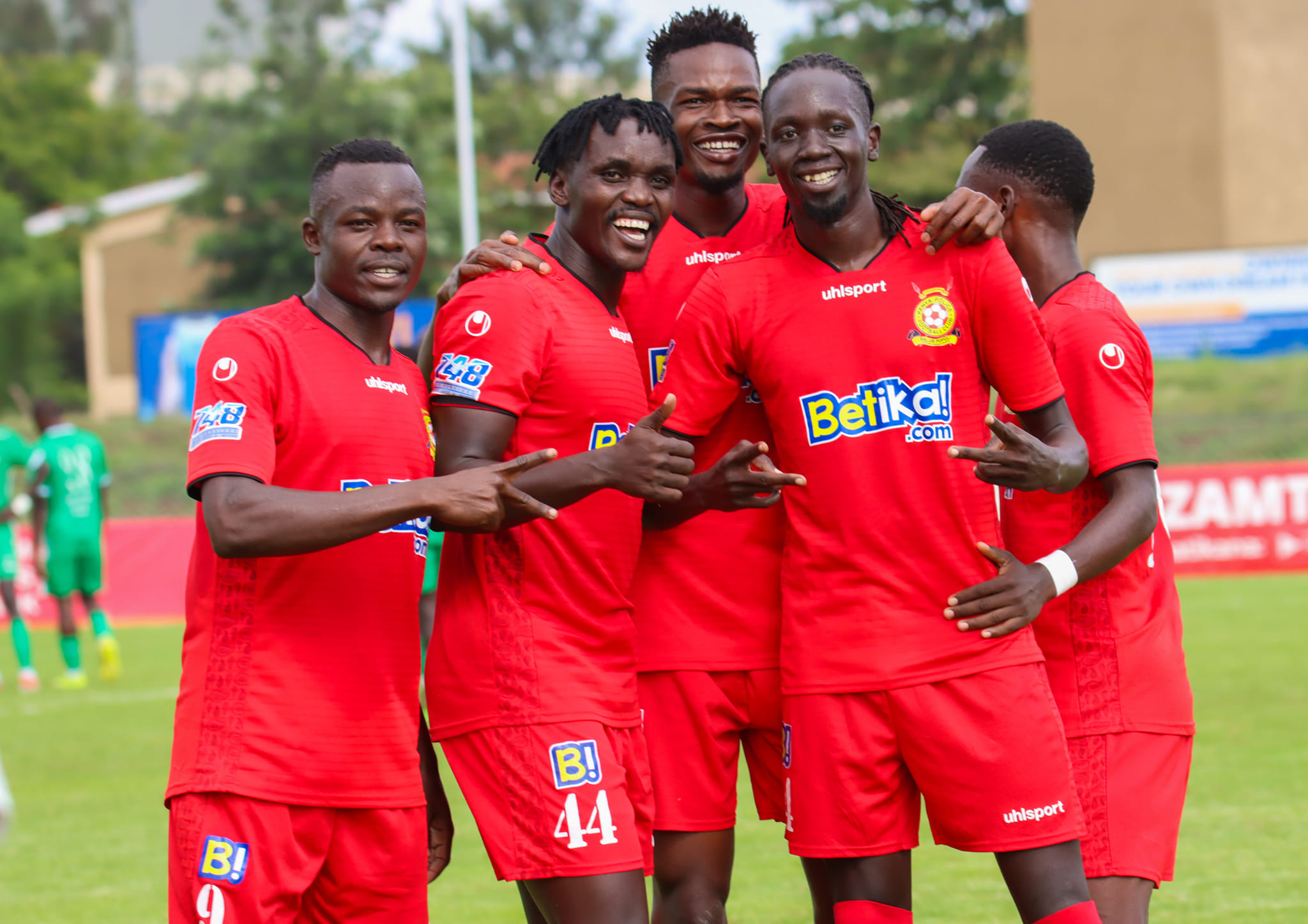Guinea-Bissau’s political crisis: a nation on the brink of authoritarianism
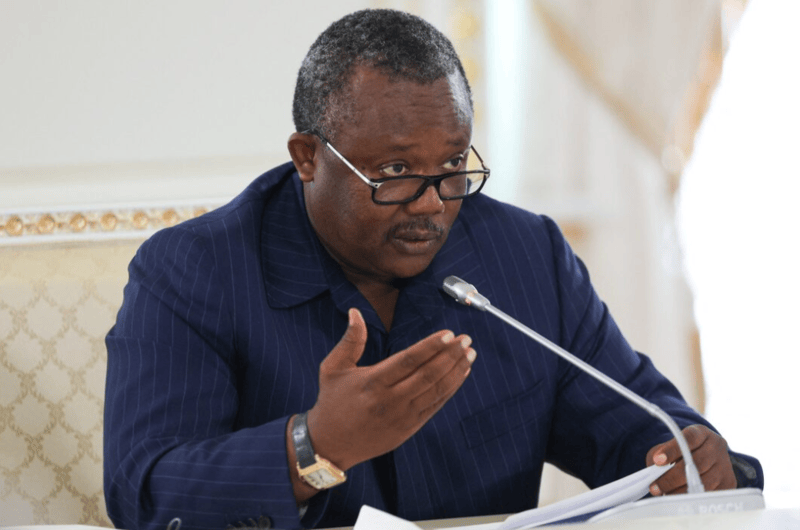
Guinea-Bissau’s general elections had been scheduled for November 2024, but President Umaro Sissoco Embaló postponed them, citing political instability, logistical challenges and disputes over presidential term limits. He has since announced 30 November 2025 as the new date for elections.
Guinea-Bissau faces a deep political crisis. For several years, the small west African nation has endured growing tensions between political institutions, and there’s now a strong climate of uncertainty.
Guinea-Bissau’s general elections had been scheduled for November 2024, but President Umaro Sissoco Embaló postponed them, citing political instability, logistical challenges and disputes over presidential term limits. He has since announced 30 November 2025 as the new date for elections.
More To Read
- Guinea-Bissau president to run as an independent candidate in November election
- Highways to hell: West Africa’s road networks are the preferred battleground for terror groups
- Winning hearts and power: How Mali’s military regime gained popular support
- Guinea-Bissau President Embalo to run for second term, backtracking on vow to step down
- ECOWAS mission leaves Guinea-Bissau after President Embalo threatens its expulsion
- Guinea-Bissau president threatens to expel ECOWAS mission, bloc says
Embaló has been president of Guinea Bissau since 27 February 2020. The opposition and the Supreme Court argue that his presidency should have ended on 27 February 2025. Embaló, however insists his mandate should end on 4 September 2025. The dispute over Embaló’s five-year term stems from different interpretations of his inauguration date. He argues his official term began later, in November 2020 – when legal challenges to his election were resolved.
The opposition now regards Embaló as an illegitimate president. Economic Community of West African States (Ecowas) representatives were also recently threatened with expulsion from the country when they came to assess the political situation.
These developments highlight an unprecedented crisis. They raise concerns about Guinea-Bissau’s democratic future, given the political uncertainty.
I’m an expert on Guinea-Bissau’s politics and have carried out research on the state of the country’s democracy. In this article, I examine the country’s current political crisis.
Weakening institutions
Nearly 50 years after independence, Guinea-Bissau is a fragile state, struggling to meet its people’s needs. Weak institutions, a self-serving political and economic elite, and a lack of basic public services have fuelled instability.
The army, led by veterans, has staged three coups, and the country’s 1998-1999 civil war caused significant destruction.
Despite this, civil society remains vibrant. It fills gaps left by the state. It plays a vital role in education, human rights, women’s rights, and environmental protection. It also supports vulnerable groups, including child beggars (talibés).
Since taking office, Embaló has been weakening democratic institutions and consolidating power.
His recent dissolution of parliament in December 2023, without scheduling timely elections, violated constitutional norms. He also directly appoints and dismisses governments, while the Supreme Court lacks the quorum needed to function. As a result, the legislative, executive and judicial branches all fall under the president’s direct control.
The parliament’s permanent commission, made up of elected members, is the only institution still operating within constitutional limits. However, the president’s dissolution of parliament has blocked legislative sessions.
This broader trend of power consolidation started with João Mário Vaz, who led the country between 23 June 2014 and 27 February 2020. Guinea Bissau has, for the past decade, been slipping into authoritarianism under different leaders.
Growing authoritarianism
Since Embaló won the 2019 presidential election, political, economic and social instability has persisted. This has severely affected human rights in the country.
One of the major drivers of the current crisis was Embaló’s dissolution of the National Assembly in 2023.
The assembly was being controlled by the opposition. This followed 2023 legislative elections in which a coalition led by the African Party for the Independence of Guinea-Bissau and Cape Verde (PAIGC) won. Its leader, Domingos Simões Pereira, became speaker of parliament. A government appointed by the winning coalition was then sworn in.
In December 2023, a brief clash between two paramilitary groups – the national guard and the presidential battalion – became a pretext to dissolve the National Assembly. The president then appointed a prime minister and formed a government himself.
Losing external support
Embaló has taken every step to stay in power. He will eventually hold a presidential election but, I believe, only when the opposition is too weak to unite behind a candidate. He is also distancing himself from Ecowas, which urges elections within constitutional deadlines.
Embaló is, however, not alone in his efforts for control. His 2020 provisional inauguration in a hotel in the capital in 2020 was attended by politicians and business figures. He continues to receive backing, as shown by ongoing consultations and public statements from political and civil actors.
Still, his domestic support appears to be shrinking. He may consolidate his authoritarian rule as long as the military stays in its barracks and elections are delayed.
Guinea-Bissau faces two possible paths. It could transition into a liberal democracy if presidential and legislative elections restore functioning institutions. Alternatively, it could slip into a dictatorship marked by unchecked presidential power, repression of opposition, and lawlessness, including armed groups and drug trafficking.
In a region already struggling with Islamist insurgencies and instability, Guinea-Bissau’s trajectory matters. The international community, particularly in Africa, must not ignore this crisis. Pressure on Embaló to allow a democratic transition is crucial for the country’s stability.
Top Stories Today

